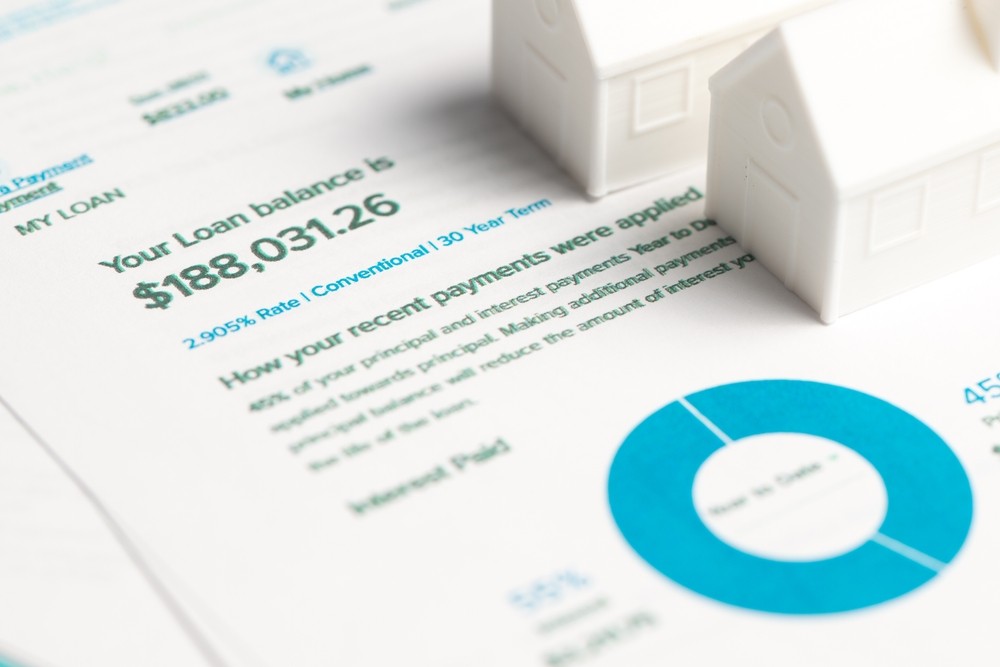Buying a home is a major milestone and often the largest financial commitment many people make. A 30-year mortgage may seem like a long road, but paying it off early can provide financial freedom, reduce overall interest costs, and allow you to invest in other areas of life. Many homeowners believe that paying off a mortgage faster requires major lifestyle sacrifices, but with the right approach, it can be done without adding unnecessary stress to your budget.
By using smart payment strategies, cutting unnecessary costs, and making the most of financial opportunities, you can take years off your mortgage term and save thousands in interest. Here are several effective ways to help you become mortgage-free sooner.
Make Biweekly Payments
Switching to biweekly payments is one of the easiest ways to reduce your mortgage term without a significant financial strain. Instead of making one full payment per month, you make half-payments every two weeks. Since there are 52 weeks in a year, this results in 26 half-payments, or 13 full payments annually—one extra payment per year that directly reduces your loan’s principal.
For example, if your monthly mortgage payment is $2,000, switching to biweekly payments means you’ll be paying $1,000 every two weeks. By the end of the year, you will have paid $24,000 instead of $22,000, cutting down your loan faster without having to make a lump sum payment.
Check with your lender to ensure they accept biweekly payments without charging additional fees. Some lenders may charge processing fees or require an official biweekly payment plan, so it’s best to confirm before making the switch.
Round Up Your Payments
Another simple yet effective method to pay down your mortgage faster is rounding up your monthly payment. Instead of paying the exact amount due, you can round up to the nearest hundred or add a fixed amount every month.
For example, if your mortgage payment is $1,475, rounding it up to $1,500 adds an extra $25 toward the principal every month. While $25 may not seem like much, over the course of 30 years, this can add up to thousands of dollars in interest savings and take months or even years off your mortgage.
If your budget allows, consider increasing the rounded amount over time. Even small additions to your payment will help reduce your loan balance more quickly.
Make Extra Payments When Possible
Unexpected financial windfalls, such as a tax refund, work bonus, or an inheritance, can be excellent opportunities to make an extra mortgage payment. Applying even part of these additional funds toward your mortgage can significantly reduce your loan balance and cut down on interest costs.
A $2,000 tax refund applied directly to your mortgage principal might shorten your loan term by several months and save thousands in interest over time. Similarly, using even a small percentage of an annual bonus toward your mortgage will have a positive long-term impact.
Before making extra payments, ensure that your lender applies them toward the principal, not just toward the next scheduled payment. Some lenders automatically apply extra payments to future monthly obligations unless you specify otherwise.
Refinance to a Shorter Loan Term
If you’re financially stable and interest rates have dropped, refinancing to a shorter loan term, such as from a 30-year mortgage to a 15- or 20-year loan, can significantly reduce the amount of interest you pay.
Shorter loan terms generally come with lower interest rates, and while your monthly payments will be higher, you’ll pay off your mortgage much faster and save tens of thousands of dollars in interest.
For example, if you have a $250,000 mortgage at 4% interest on a 30-year term, you could pay about $179,000 in interest over the life of the loan. If you refinance to a 15-year term at 3%, your total interest cost would drop to approximately $62,000.
It’s important to weigh the costs of refinancing, such as closing costs and fees, to determine whether the savings justify the switch.
Cut Unnecessary Expenses and Redirect Savings
One of the most practical ways to pay off your mortgage early is to reallocate money from non-essential expenses to your loan. Take a close look at your budget and identify areas where you can cut back.
If you spend $150 per month on unused subscriptions or dining out, redirecting that money to your mortgage could make a significant impact over time. Over a year, that’s $1,800 in additional mortgage payments, which can help shorten your loan term and save on interest.
Creating a budget and tracking your spending can help identify more ways to free up money for extra payments. Even minor adjustments, such as making coffee at home instead of buying it daily, can add up to substantial savings over time.
Utilize Windfalls and Unexpected Income
Windfalls—unexpected sums of money—are excellent opportunities to make lump-sum payments toward your mortgage. These could come from:
- A tax refund
- A work bonus
- An inheritance
- The sale of personal assets (e.g., a second car, collectibles, or unused furniture)
Even if you don’t want to apply the entire windfall toward your mortgage, setting aside a portion can still make a difference. Applying a lump sum payment directly to the principal reduces the total interest paid over the life of the loan.
Explore Mortgage Recasting
If refinancing isn’t a viable option, mortgage recasting may be a useful alternative. This involves making a significant lump-sum payment toward the principal, after which the lender recalculates the monthly payment based on the lower balance. The interest rate and loan term remain the same, but the monthly payment decreases.
This strategy is especially helpful if you come into a large sum of money and want to lower your monthly payment while still paying off your mortgage faster. It can be a good option for those who don’t want the higher payments that come with refinancing.
Increase Your Income and Apply It to Your Mortgage
Increasing your income, even temporarily, can provide extra funds to pay down your mortgage faster. Consider taking on freelance work, a side business, or a part-time job to generate additional income.
For example, if you earn an extra $300 per month from a side gig and apply that to your mortgage, you’ll make an additional $3,600 in payments per year. Over time, this will significantly reduce your loan balance and interest payments.
Even if a second job isn’t an option, consider other ways to generate additional income, such as renting out a spare room, selling unwanted items, or investing in passive income streams.
Automate Extra Payments
One of the easiest ways to stay consistent with extra payments is to set up automatic transfers. Many lenders allow homeowners to schedule additional principal payments, ensuring that extra contributions are made without needing to remember each month.
By automating the process, you eliminate the risk of forgetting or spending the extra money elsewhere. Even if you start small, automated payments will help you stay on track and gradually shorten your mortgage term.
Paying off a mortgage early requires discipline and planning, but it doesn’t have to mean making drastic lifestyle changes. By implementing a combination of biweekly payments, rounding up, making extra contributions when possible, refinancing, and cutting unnecessary expenses, homeowners can reduce their loan terms significantly.
Every extra dollar put toward the principal helps lower overall interest costs and brings you closer to complete homeownership. The key is to stay consistent and make use of opportunities to accelerate your mortgage payments without negatively impacting your financial stability.
With smart financial habits and a proactive approach, becoming mortgage-free sooner than expected is entirely possible, allowing you to enjoy financial security and the peace of mind that comes with owning your home outright.



